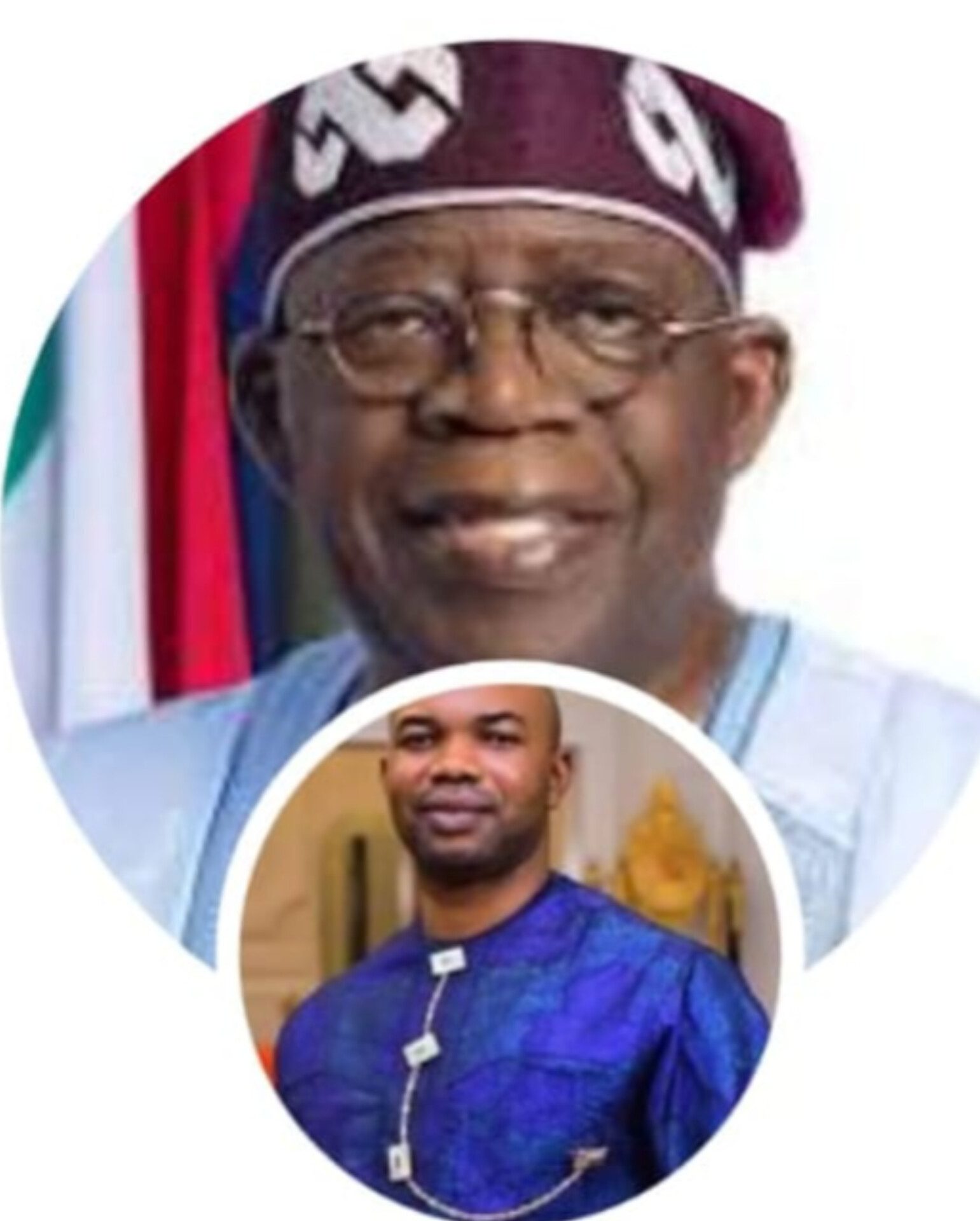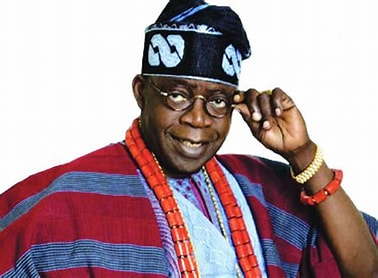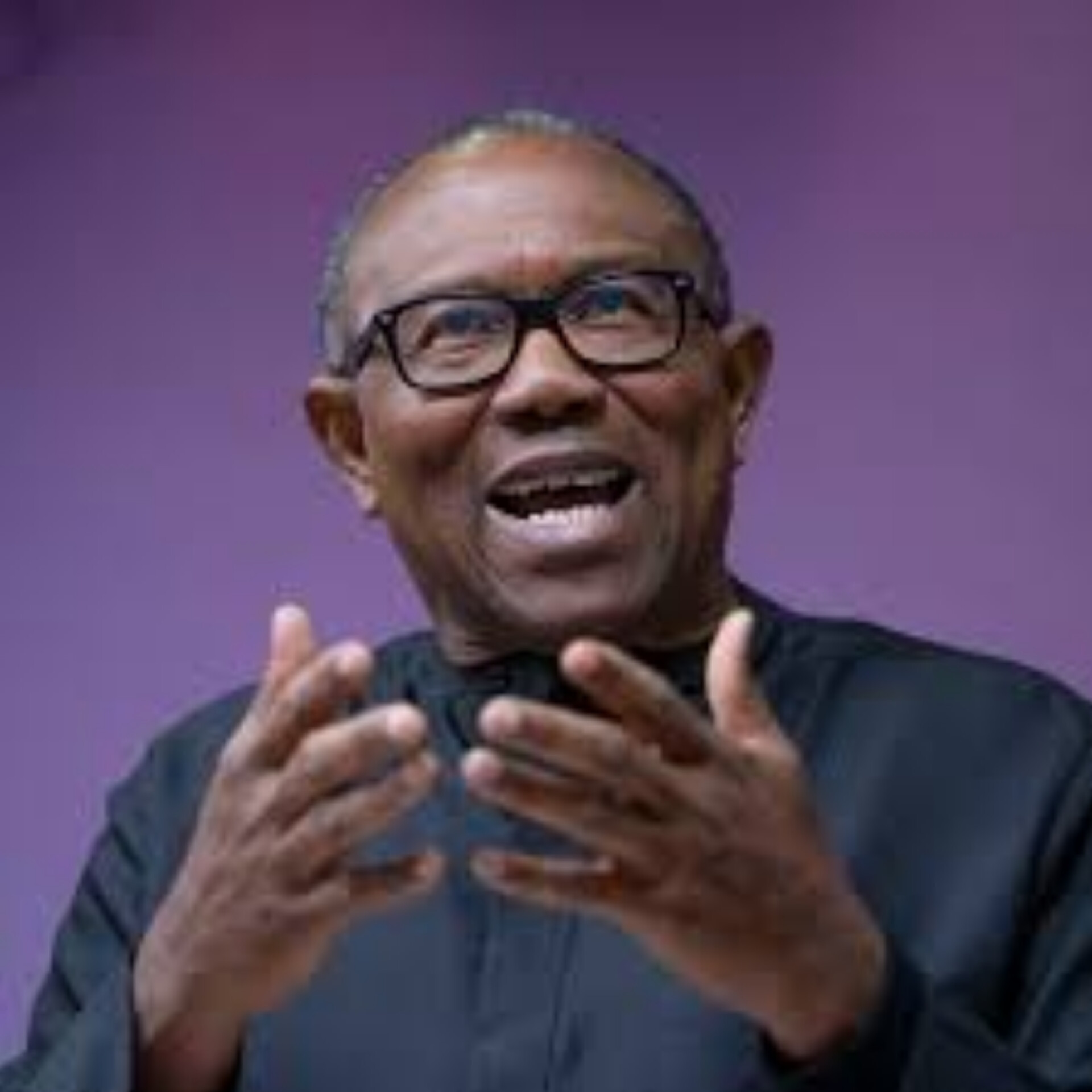The Commandant, Doctrine and Training Command of the Nigerian Army, Major General Kelvin Aligbe has indicated that continued training and research by the Nigerian Army is key to combating the rising security challenges in the country, occasioned by the activities of armed Bandits, Insurgents and other criminal elements in the country.
Major General Aligbe also said the success and survival of any organization; especially the security outfit all over the world, lies in the training, research and development of its personnel, especially in view of the prevailing security challenges bedeviling the country.
The commandant stated this in Minna on Monday during the opening of the Combined Mid-Year Course Appraisal, Curriculum, Harmonization Workshop and Research Development Conference 2023.
According to him, the theme for this year’s workshop; Enhancing Research and Development, Capacity Building in Nigerian Army and Division Training Schools to Contain Prevailing Security Challenges, was a well thought out because the Nigerian Army is currently faced with a very disturbing terrorists activities across the country.
Aligbe, who was represented by Chief of Training and Doctrine Command, Maj. Gen. Jami’u Jimoh, said the conference would bridge the gaps in the Nigerian army’s research and development drive and its curriculum which he said needs to undergo regular harmonization.
He insisted that “To efficiently cope with the current security challenges, development in the field of training and research is a must”
According to him, the conference would provide opportunity for participants to access the recent developments and highlight viable efforts in mitigating security challenges.
Explaining further, he said the training was to produce troops who were proactively seeking out any advisories, employing the offensive capability of a well trained, highly motivated, hard added force of striking decisively with speed and enormous backup.
He therefore urged the participants to show key interest and take advantage of the opportunity to broaden their knowledge to enable them to broaden that of the personnel through their various training establishment.
Earlier in his welcome address, Chief of Research and Development, TRADDOC, Maj. Gen. Shuaibu Ibrahim, said research and development remains the driving force for the Nigerian Army.
He commended the commandant for the opportunity to organize the conference and urged participants to listen attentively to get maximum benefit from the training.




